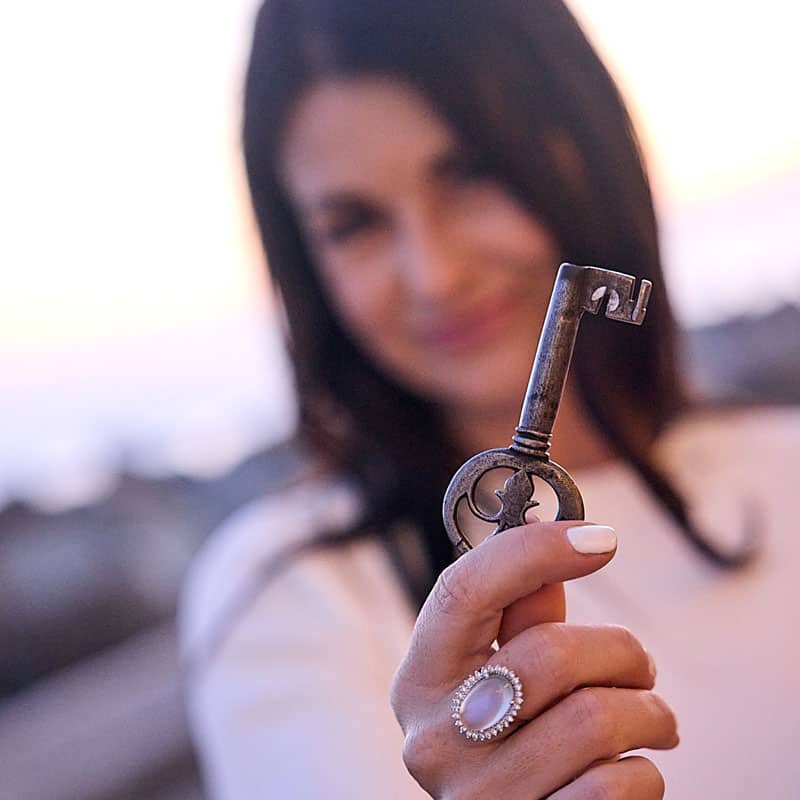“Protect the lie and you protect the village…”

“You will be surprised what they will believe.”
-Stonekeeper, Smallfoot (2018)
As the mother of two small children, I see a lot of kid’s movies. Some have meaningful take-home messages, whereas others are purely entertaining without a meaningful lesson.
Recently, I took my kids to the newly released movie Smallfoot (2018). Woven into the entertaining animated storyline was one of the most compelling philosophical questions we grapple with as humans: Is it ever okay to lie? And it presents us with an excellent opportunity to talk to children about lying.
The story revolves around Migo, a Yeti who lives in a village high on the peak of a mountain. Migo and his fellow Yeti’s are raised believing a host of truths about the world, which are written on stones and enforced by the head Yeti—the Stonekeeper. One such truth is that “small foot” (otherwise known as the human race) does not exist. Furthermore, it is culturally unacceptable for Yeti’s to question the validity of the stones: A good Yeti should suppress curiosity and blindly accept that the stones reflect the truth.
Over the course of the movie, Migo meets a human. After describing his encounter with a small foot to the village with no proof, Migo is banished from the village for lying. So, Migo ventures into the world to find a small foot and prove that he is telling the truth. Upon stumbling into a human city, Migo meets a human named Percy and brings him back to the Yeti village. Yet, much to Migo’s surprise, the Stonekeeper is not happy. The Stonekeeper brings Migo to a secret area of the village, where he shows Migo that, long ago, humans tried to exterminate all Yeti’s. Consequently, the Yeti leaders decided to set up a society based on lies and fear to keep the Yeti’s safe from the savage humans.
This presents Migo with a core ethical and philosophical dilemma: Do I lie to my community about the existence of small foot with the intent of keeping them safe as ordered by the Stonekeeper and Yeti culture—or—do I tell them the truth and deal with the fallout of an unknown future.
Lying has been a topic of philosophical debate for centuries. From Plato to Kant, scholars and researchers have pondered the ethics of lying. (For a more detailed discussion of lying and deception, this article in the Stanford Encyclopedia of Philosophy gives an articulate overview). To complicate matters further, research suggests that everything from plants to monkeys to humans act in deceptive ways on a regular basis.
In addition to helping all of us explore our views on the ethics of lying, Smallfoot (2018) offers us a platform to engage in a meaningful discussion about lying with kids. Below are some specific questions you can ask kids to get the discussion underway.
1) What do you think about lying?
2) Are there times that it is okay to lie? Was it okay for the Stonekeeper to lie to the village? Why?
3) Are there times you should never lie?
4) Is it okay to lie if it keeps someone safe from harm? What if the Yeti’s would be killed if they knew humans existed. Should you lie to them about it then?
5) What if the truth really hurts someone’s feelings? Should you pretend or avoid the truth?
6) How does it make you feel to lie? How did Migo feel when he lied to his friends about small foot?
7) How does it affect your relationships when you lie to people?
8) Does it matter whether other people find out that you lied? Is it only bad to lie when you are caught?
The Naked Truth is This:
With the theme song “Let it Lie” by Common, Smallfoot (2018) offers us a wonderful platform to discuss lying with children. Although the topic of if and when it is ethical to lie is not an easy one, Smallfoot’s storyline encourages critical thinking about lying and its consequences.
Copyright Cortney S. Warren, Ph.D., ABPP
TO READ MORE OF DR. CORTNEY'S WORK, SUBSCRIBE TO HER BLOG
Safe subscribe. You will have the opportunity to opt-out with every notice we send.


I grew up watching Disney movies and now that I am older, educated, and experienced realize that Hollywood has a big influence in American culture. It could be bad or good, depending on how the kid interprets it without proper guidance.